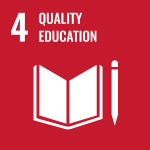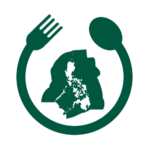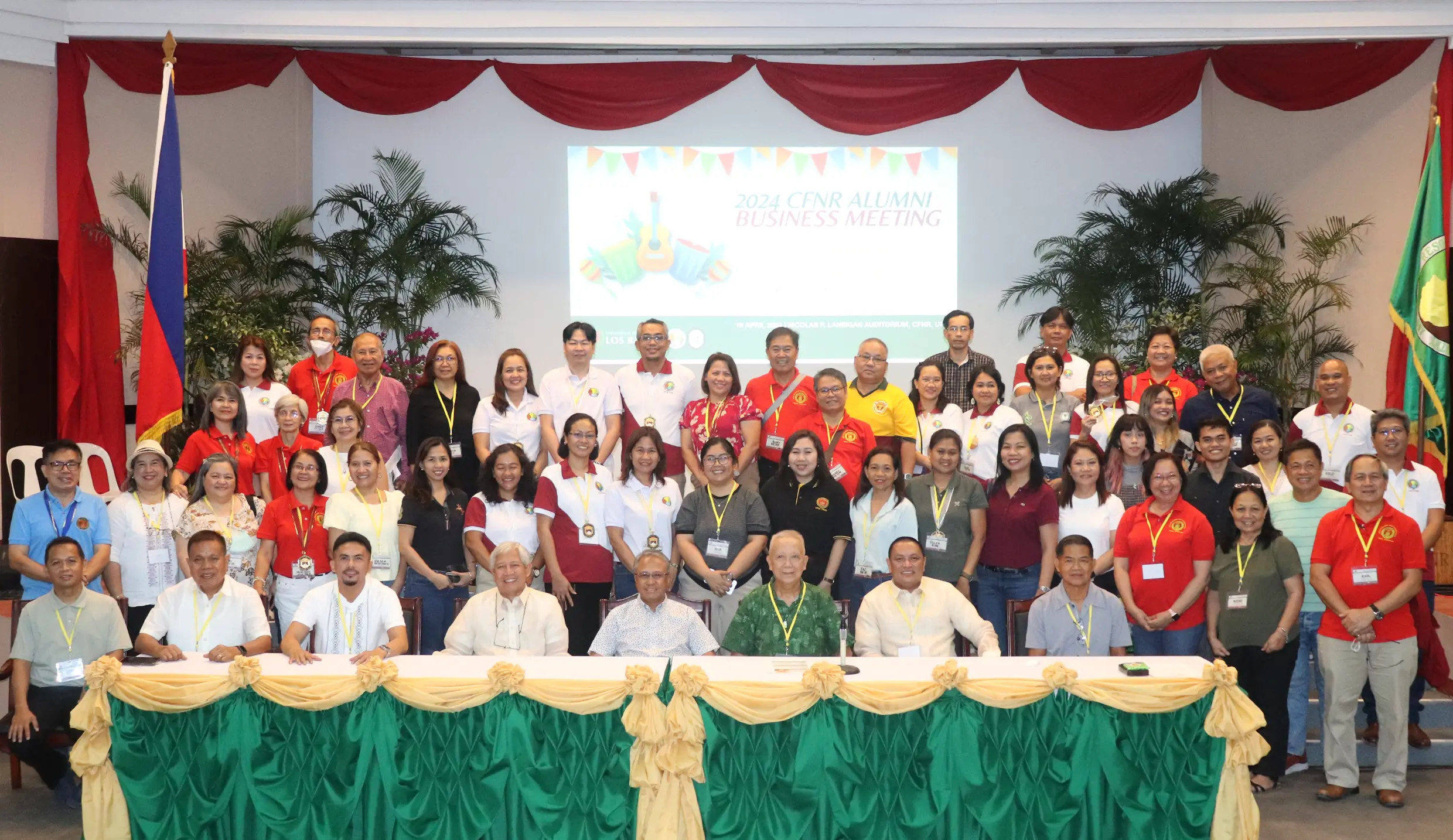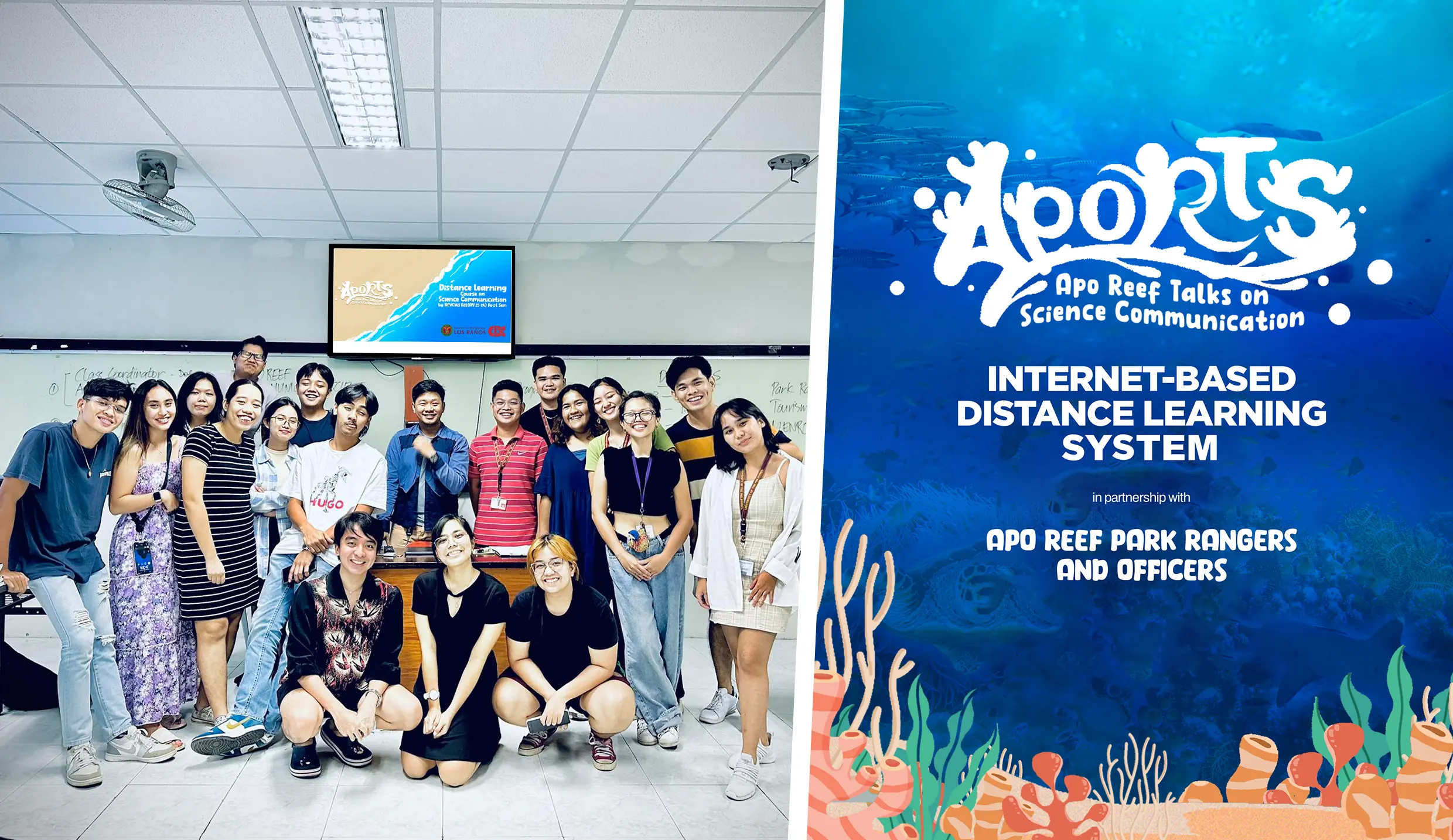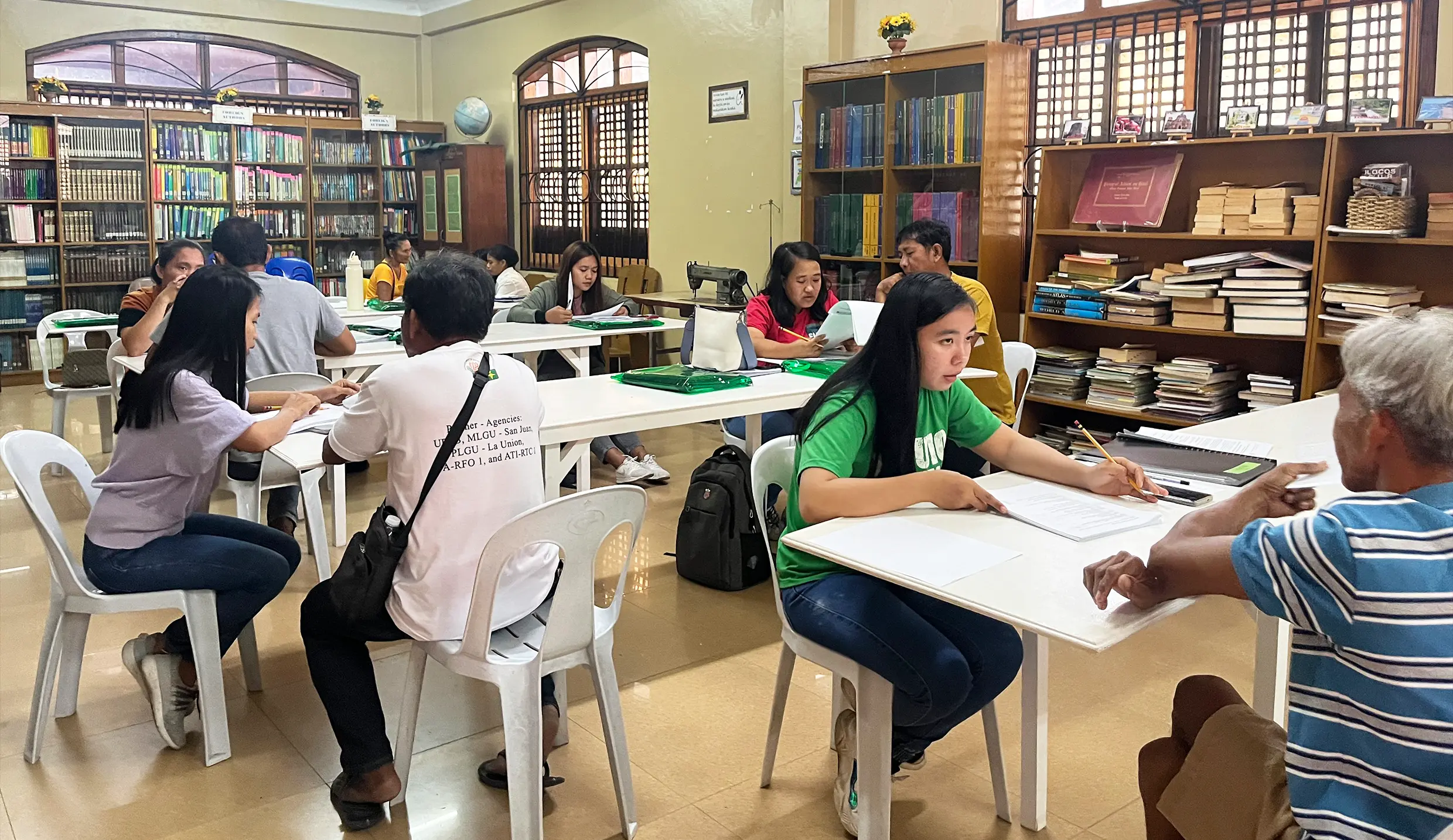
The Agricultural and Rural Development Scholars Society (ARDSS) and Dr. Leocadio S. Sebastian, an alumnus of the UPLB Agricultural and Rural Development Scholarship (ARDS) Program, shared agricultural and leadership lessons with ARDS scholars during the leadership and development workshop organized by LRC and ARDSS.
With the theme “Breakthrough Experiences,” Sebastian recounted his experiences as the first ARDSS president and a multi-awarded scientist and research administrator in the country and in Vietnam. He described himself as a plant breeder by training, an economist by association, and a social scientist by necessity.
In his talk, Sebastian, a former undersecretary for rice industry development at the Department of Agriculture (DA) introduced DA’s Masagana Rice Industry Development Program (MRIDP). He said that “We have to develop good strategies to understand our farmers and their problems”.
“Masagana” is an acrostic of four core strategies dubbed matatag (climate change resiliency and stability), sama-sama (unity in farm clustering and consolidation), ganado (motivating farmer-entrepreneurs in the rice value chain), and napapanahon (timely and relevant focus on digital transformation).
He emphasized the importance of maintaining a holistic perspective, organizing farmers to strengthen their negotiating power, and empowering them through a farmers’ choice approach.
Sebastian also reminded the ARDS grantees to develop their way of serving the country through focus, persistence, consistency, leadership, and excellence.
For his efforts in promoting research and development and leading various agencies in the country such as the Philippine Rice Research Institute, he was conferred with awards such as the Outstanding Young Scientist Award in Plant Breeding in 1999, Ten Outstanding Young Men in Plant Breeding and Genetics in 2001, and the Pantas Award for Research Management in 2004.
He also received the highest honor in Vietnam for his contributions to boosting agriculture and rural development while serving as the regional program leader for Southeast Asia of the CGIAR Research Program on Climate Change, Agriculture, and Food Security.
“You promise me tonight that when it is your time, you will be better than me. Kung hindi niyo ipa-promise ‘yan, anong mangyayari sa Pilipinas? …We have to be better than what we are doing now,” he urged the scholars.
Michelle Alarios, ARDSS treasurer and one of the BINHI event heads, compared events planning to operationalizing ideas to solve current societal problems, which was one of Sebastian’s main points. “Hindi pwedeng porke’t ikaw ‘yung head, ikaw na lahat nasusunod. Try mo rin mag-take ng ideas sa taong [working] under [you].”
“Gusto ko rin maging part ng mga taong kumikilos para mapagalaw ‘yung kung anumang [solusyon] meron na. Para hindi siya stuck lang as an idea, para makatulong din talaga [sa iba],” she added.
Nicole Catacutan, an agricultural and biosystems engineering sophomore and ARDSS publications committee head, highlighted the significance of organizing farmers with similar objectives and goals.
“Mahirap ang paisa-isa. Mas malaki [ang] pagbabago kung maraming magsasaka ang mabibigyan ng solusyon, pero mahalagang tugma ito sa pangangailangan nila, lalo na at iba-iba ang sitwasyon bawat locality,” she said.
Sebastian continues to support the causes and initiatives of LRC and ARDSS. LRC was established in June 1978 in conjunction with the implementation of the ARDS Program under Presidential Decree No. 1209 in October 1977.
LRC regularly organizes meetings, seminars, and trainings to strengthen ARDS scholars’ academic foundation and improve their psychosocial and cultural outlook. (Jennina Marie Mora)



